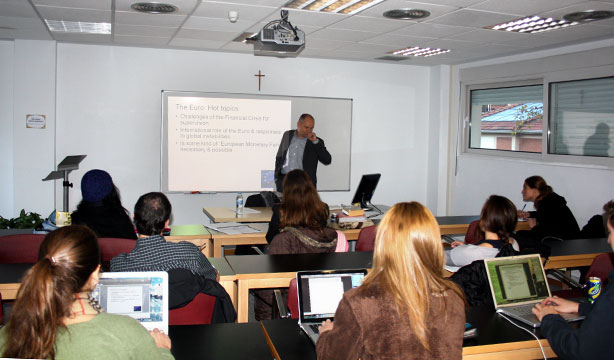By Marcelle Meyer
Every time there is a progressive movement in society, there is always an element that seems to get lost in translation. “Black Lives Matter” was followed by “All Lives Matter.” Feminism is accompanied by women who “don’t need feminism.” Transgender rights are forever stunted by the people who would like their discomfort codified in national law. And trigger warnings, with their seemingly uncontroversial intention to protect those suffering with PTSD from painful flashbacks, are somehow suppressing freedom of speech.
It has become the new media trend to publish think pieces on how trigger warnings are destroying education. The reasoning is generally as follows: it harms teaching to tell students that they can opt-out of triggering material and millennials are coddled and do not deal with struggles and there was an obscure incident that delegitimizes trigger warnings altogether in which a professor was punished for teaching certain material.
Few of these articles ever mention PTSD or why students afflicted with it should not have the ability to avoid things that may trigger it. Even fewer acknowledge what trigger warnings are actually used for.
Trigger warnings are not a mechanism for allowing scared college students to avoid talking about important topics. They have never been intended for this use. Trigger warnings are meant to protect students with severe psychological trauma. When authors use phrases like “coddled millennials” to describe the intended audience for trigger warnings, they insult each and every trauma survivor who benefits from them. The domestic abuse survivor who opts out of an in-class clip depicting marital violence is not coddled. The rape victim is not avoiding hard conversations. The veteran is not being overly sensitive.
The fact that trigger warnings are sometimes misused by students to avoid certain topics is not a reason to avoid them altogether, just as some people occasionally abusing their food stamps should not be an argument for not helping poor families eat. The trade-off is far too unbalanced, and we should always prioritize helping students with mental illness over making a frustrated professor’s job slightly more enjoyable.
In the long run, will one day of class make a significant difference in a student’s education? Probably not, especially if that student spends the entire class uncomfortable and distressed.
I am not sure when accommodating for the needs of minority groups in society became an affront to free speech or education, but even one student enduring psychological harm seems like too high a price to pay for a professor’s syllabus.











































































































































































































